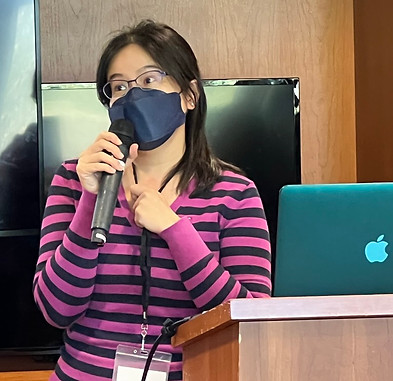Team Science
Diversity is Crucial
Crucial to any research program studying influences of culture in development is diversity, not only among the values, practices, and cultural settings of participants, but also critically among research teams. No one scientist is an expert in every religious or cultural setting or every developmental process. We have incorporated various levels of collaboration into the Developing Belief Network (DBN), including beginning our inaugural research network with strategic collaborators who have existing multi-site research collaborations, working with adult experts in the communities that will be studied, and maintaining regular communication among all parties as data is collected.
Integrated Research Team
We utilize what the National Cancer Institute has called an integrated research team, with scientists collaboratively setting the research agenda, making decisions about methods and protocol, and ultimately sharing leadership responsibility and credit. Each researcher brings their expertise of researching within the context of their own field site, and works with local community members to ensure that the approach and method is valid across cultural settings.
This flowchart outlines the process for designing our first research project together:

To the extent possible, we will make our protocol (including all versions that have been translated and made locally/culturally-relevant) and our data open-access, allowing these materials to be resources for the scientific community for years to come.
Collaborative Authorship
Our approach to collaborative authorship is anchored by principles of Respect and Transparency, and in crafting them we have aimed to strike a balance between valuing our collective efforts at sustaining Collaboration and valuing the Autonomy of individual researchers. We have articulated our approach to collaborative authorship in these publicly available authorship guidelines.

CRediT
Contributions to this research have come from nearly 100 individual researchers, including field site PIs, postdoctoral scholars, graduate student researchers, undergraduate student researchers, lab coordinators, translators, and data collectors at each site. In order to accurately credit these individuals for their contributions to this research, we are developing, and will shortly make public, a contributions tracking spreadsheet based on a revised version of the CRediT taxonomy.
Team Science in Person!
All-Network Meeting in October 2022 (Boston, MA)
In October 2022, over thirty members of the Developing Belief Network met in Boston, MA to present updates on data collection from the field and to discuss the outcomes and challenges of the first wave of data collection. Network members worked together to plan data analyses and papers based on the first round of data collection. In anticipation of the second wave of research collection, task forces were created to make decisions about what aspects of the research method to retain and/or revise for the next round of interviews with children and parents.

Core leadership team


Updates from field sites













Time for collaboration, planning, and connection




